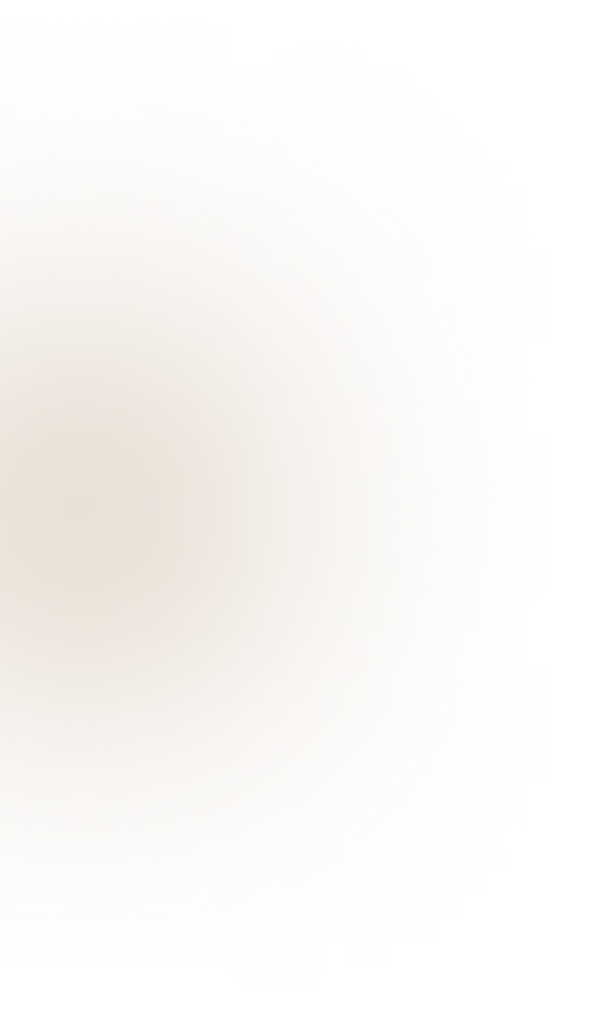Acute Insomnia: Short-term insomnia often triggered by stress, anxiety, or significant life changes.
Chronic Insomnia: Long-lasting sleep difficulties, typically occurring at least three times a week for three months or longer.






Individual Therapy: Personalized sessions with licensed therapists who specialize in sleep disorders. Cognitive Behavioral Therapy for Insomnia (CBT-I) is a key component, focusing on changing thoughts and behaviors that contribute to insomnia.
Sleep Hygiene Education: We provide guidance on establishing healthy sleep habits, including creating a sleep-friendly environment, maintaining a regular sleep schedule, and implementing relaxation techniques.
Mindfulness and Relaxation Techniques: Incorporating mindfulness practices, such as meditation and deep breathing exercises, can help calm the mind and promote restful sleep.
Medication Management: In some cases, short-term medication may be appropriate to help manage insomnia symptoms. Our team will work with you to find the best solution, balancing benefits with potential side effects.



Insomnia can be categorized as acute (short-term) or chronic (long-term). Acute insomnia often results from stress or a specific event, while chronic insomnia occurs at least three times a week for three months or longer
Insomnia can be caused by various factors, including psychological issues (like anxiety and depression), medical conditions (such as chronic pain or respiratory problems), lifestyle factors (irregular sleep schedules, excessive caffeine intake), and certain medications.
Treatment options for insomnia typically include Cognitive Behavioral Therapy for Insomnia (CBT-I), sleep hygiene education, mindfulness and relaxation techniques, and in some cases, medication management to help regulate sleep pattern


© 2025 OAK HILLS. All Rights Reserved